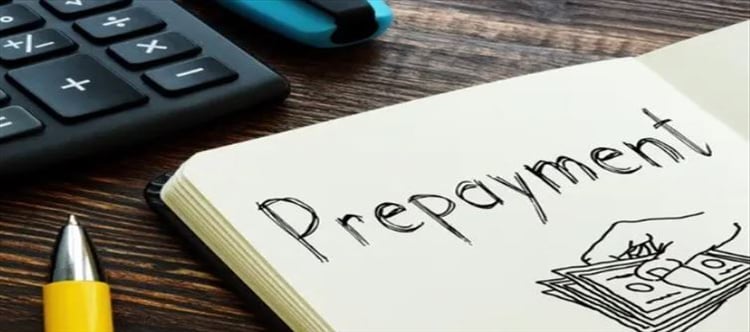
Prepayment of a personal loan refers to settling the entire outstanding balance or a portion of the loan before the stipulated time mentioned in the loan agreement. This is typically done to reduce the burden of debt and save on interest payments over the loan term. However, banks and lenders often levy charges known as foreclosure charges on the remaining loan amount when it is repaid prematurely.
Similar to processing fees incurred during loan acquisition, foreclosure charges are applicable for closing the loan ahead of schedule. The prepayment charge varies depending on the loan terms and conditions set by the lender, with most institutions imposing a lock-in period during which prepayment penalties may apply. Typically, this penalty ranges from 2 to 5 percent of the outstanding loan amount.
Despite these charges, prepaying a personal loan offers several advantages, including saving on interest expenses. Given the relatively high interest rates associated with personal loans, early repayment helps reduce the total interest paid over the loan tenure. Moreover, loan prepayment can improve one's monthly budget by freeing up funds previously allocated to loan repayments (EMIs).
These funds can then be redirected towards other financial objectives such as saving for a down payment, wealth accumulation, or retirement planning. Additionally, while immediate credit score impact may be minimal, timely loan repayment reflects positively on one's creditworthiness in the long term. This could lead to future loan approvals at lower interest rates, thereby enhancing overall financial flexibility and affordability.




